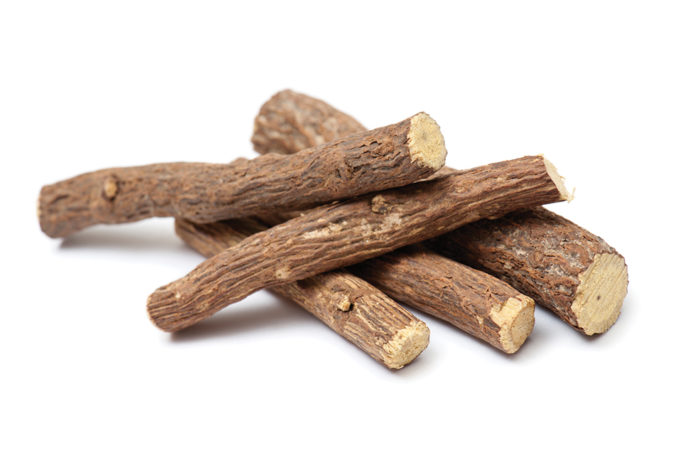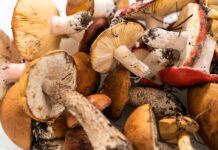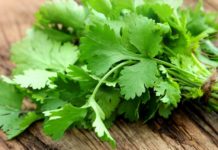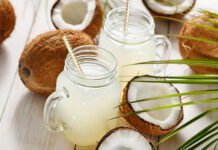
I have had the privilege of practicing naturopathic medicine for the past nine years. During that time I have come to use herbal medicines in many different dosage forms: tinctures, capsules and tablets, topical creams and teas. There is a selection of herbs that I only prescribe in tea form. I have found tea to be the best method of delivery for a number of herbs, providing reliable, safe and cost effective relief for several common health concerns. Some of my favourite teas are described below.
LICORICE
Licorice has a long history of use for a wide array of gastrointestinal problems. It is available in many different dosage forms, yet tea remains my favourite method for prescribing this herb. Licorice tea is appropriate for acid reflux, gas/bloating/cramping, irritable bowel syndrome, inflammatory bowel diseases and generalized gastrointestinal discomfort. Licorice is also the herb of choice for the treatment of “adrenal fatigue,” a state more prevalent in today’s society, brought about by chronic stress. There is an aspect of caution with licorice; long-term use can cause blood pressure to rise. Anyone with high blood pressure should not drink licorice tea. If you are drinking licorice tea, you should have your blood pressure assessed on at least a monthly basis.
GINGER
A very large and strong body of science supports the role of ginger for the treatment of nausea. While many of the studies use ginger capsules, or dried ginger, ginger tea likewise delivers incredible benefits for nausea. Fortunately, much of the science validates ginger for a very important population: pregnant women. The benefit is not limited to pregnancy, as ginger relieves nausea of virtually any cause. I especially like to prescribe ginger for nausea associated with chemotherapy. Using powdered ginger in a tea bag, or boiling chunks of fresh ginger for about 10 minutes, both work equally well for making the tea.
CHAMOMILE AND PEPPERMINT
These two herbs in combination as a tea benefit a wide array of gastrointestinal concerns, most significantly for managing constipation. I instruct patients to place a bag of each tea into a mug, add boiling water, then leave the tea bags in the mug the entire time they drink the tea.
This tea is not an immediate solution for constipation. Instead, drinking the tea once or twice per day will resolve constipation, and prevent it from coming back, over a period of days. It usually takes two to three days for the tea to kick in. It does not work like classic laxatives, which force water into the colon. Instead, chamomile and peppermint relax the muscle layer that lines the colon. Tenseness of this muscle layer is the most common cause of constipation, and chamomile and peppermint provide a gentle solution for relaxing this important muscle. I will often combine this tea with a recommendation for low dose magnesium supplementation: as little as 100 mg of magnesium per day, up to 300 mg of magnesium per day. The tea alone will resolve most cases of constipation. The tea plus magnesium has resolved even the most difficult and stubborn cases of constipation.
REFERENCES:
Asl MN, Hosseinzadeh H. Review of pharmacological effects of Glycyrrhiza sp. and its bioactive compounds. Phytother Res. 2008 Jun;22(6):709-24.
Chaiyakunapruk N, Kitikannakorn N, Nathisuwan S, Leeprakobboon K, Leelasettagool C. The efficacy of ginger for the prevention of postoperative nausea and vomiting: a meta-analysis. Am J Obstet Gynecol. 2006 Jan;194(1):95-9.
Matthews A, Dowswell T, Haas DM, Doyle M, O’Mathúna DP. Interventions for nausea and vomiting in early pregnancy. Cochrane Database Syst Rev. 2010 Sep 8;(9):CD007575.
Valussi M. Functional foods with digestion-enhancing properties. Int J Food Sci Nutr. 2012 Mar;63 Suppl 1:82-9.












